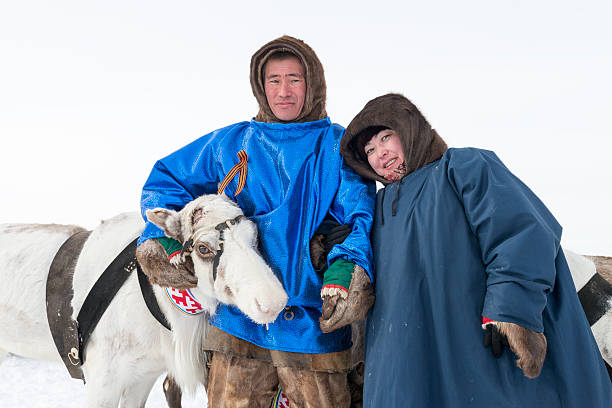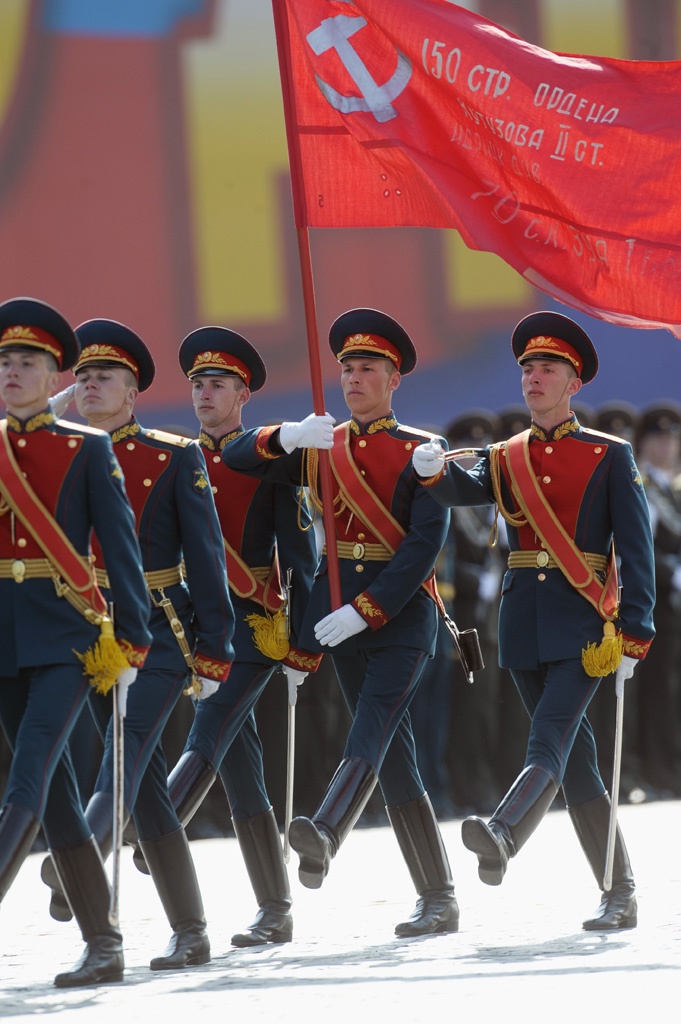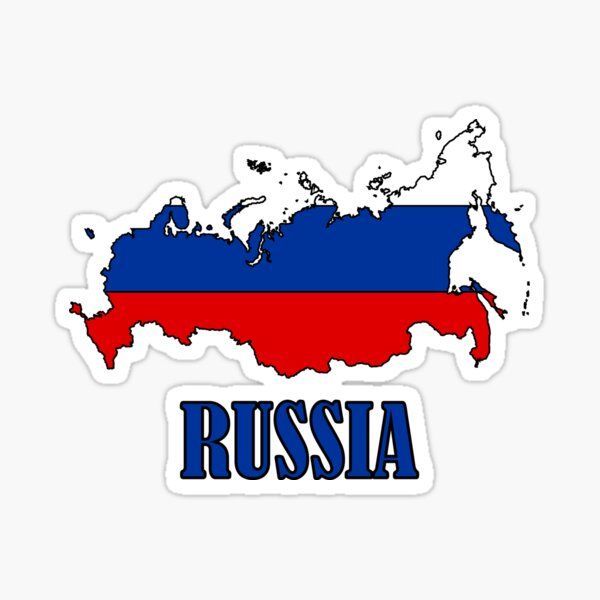Introduction

The Yamal Peninsula, located in northern Russia, is home to a nomadic people known as the Nenets. They are known for their unique lifestyle and ability to survive in extreme environments. This article will discuss the daily life of the Nenets, their culture, the challenges they face, and how modernity is beginning to affect their way of life.
Who are the Nenets?

Origin and History
The Nenets are an ethnic group that has inhabited the Russian Arctic region for thousands of years. They are known as reindeer herders and have a long history of adapting to the harsh tundra environment.
Population and Distribution
It is estimated that there are around 40,000 Nenets living on the Yamal Peninsula and surrounding areas. They generally move around following the migration patterns of reindeer.
Daily Life

Nomadic Lifestyle
The Nenets live a nomadic life, moving from place to place according to the seasons and the migration patterns of the reindeer. They live in traditional tents called “tepees” or “mya,” which are easy to assemble and disassemble.
Food and Diet
The Nenets’ staple foods are raw reindeer meat, fish, and other animal products. They often slaughter reindeer and consume the meat directly, a practice that has become part of their culture.
Clothing and Equipment
The Nenets’ clothing is made of reindeer skin and other natural materials, designed to protect them from extreme temperatures that can reach -50 degrees Celsius. This clothing is not only functional but also reflects their cultural identity.
Culture and Tradition

Belief System
The Nenets have a strong animist belief system, respecting nature and the spirits believed to rule their surroundings. Rituals and ceremonies are often performed to maintain a good relationship with nature.
Music and Arts
Nenets traditional music plays an important role in their lives, with musical instruments such as the “torban” (a plucked instrument) used in various ceremonies and celebrations.
Language
Nenets is a Uralic language with two main dialects: the northern and southern dialects. Although many young people are learning Russian, efforts are still being made to preserve their ancestral language.
Challenges Faced

Climate Change
Climate change has had a significant impact on the Nenets way of life, changing reindeer migration patterns and affecting the natural resources they rely on.
Modernization
With increasing access to modern technology, some tribal members have begun using tools such as electric generators and snowmobiles to aid their daily lives.
External Influences
Government policies and pressure from oil and gas companies in the Arctic region also pose challenges to the sustainability of the Nenets’ traditional way of life.
Cultural Preservation Efforts
Cultural Education
There are efforts to integrate cultural education into the school curriculum in areas where the Nenets live, so that the younger generation remains connected to their cultural heritage.
Cultural Festival
Annual festivals are held to celebrate ancestral traditions, including reindeer herding competitions and traditional arts performances, as a way to introduce their culture to the outside world.
Conclusion
The life of the nomadic Nenets people on the Yamal Peninsula is an example of human resilience in the face of extreme environmental challenges while maintaining their rich culture. Although modernity has begun to touch their lives, efforts to preserve their culture remain important to ensure that their ancestral heritage is not lost.
FAQ (Frequently Asked Questions)
What is the Nenets tribe?
The Nenets are a nomadic ethnic group in Russia known as reindeer herders.
Where is the Yamal Peninsula located?
The Yamal Peninsula is located in the northern part of Russia, close to the North Pole.
What is the main food of the Nenets?
The main food of the Nenets is raw reindeer meat and fish.
How does the Nenets nomadic live?
They move from place to place following the migration patterns of reindeer and live in traditional tents.
What is the biggest challenge facing the Nenets today?
Climate change, modernization and external influences from the oil and gas industry are the main challenges for their survival.
By understanding the lives of these nomadic Russian peoples, we can better appreciate the cultural diversity and challenges faced by traditional communities around the world.Citations:
[1] https://id.rbth.com/discover-russia/85469-penduduk-arktik-rusia-ryx
[2] https://id.rbth.com/discover-russia/79664-petualangan-di-tundra-yamal-fyx
[3] https://travel.detik.com/international-destination/d-3918339/bertahan-hidup-di-negeri-yang-suhunya-50-derajat-celcius
[4] https://id.wikipedia.org/wiki/Suku_Nenets
[5] https://p2k.stekom.ac.id/ensiklopedia/Suku_Nenets
[6] https://inet.detik.com/fotostop-news/d-3173837/kisah-fotografer-hidup-bareng-pemakan-rusa-mentah-di-kutub



